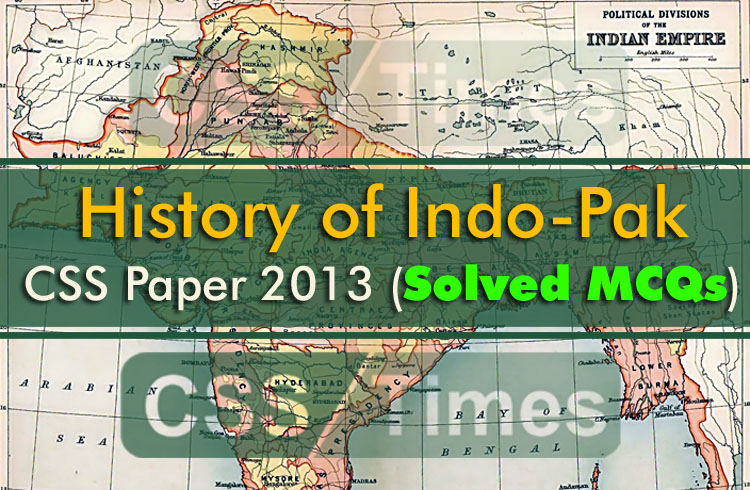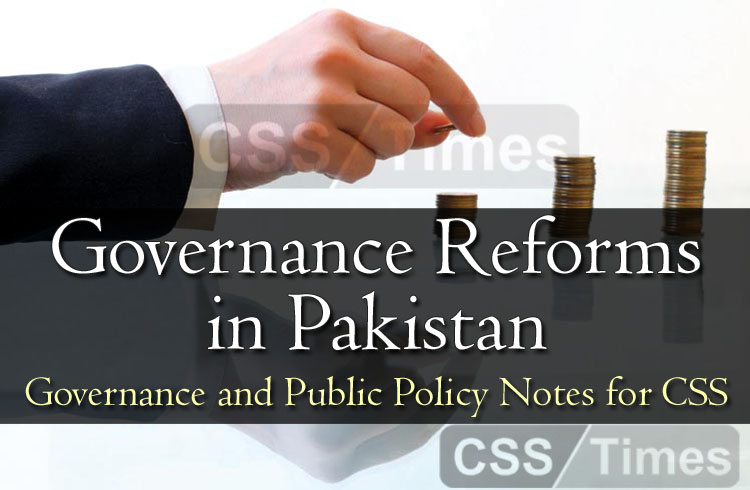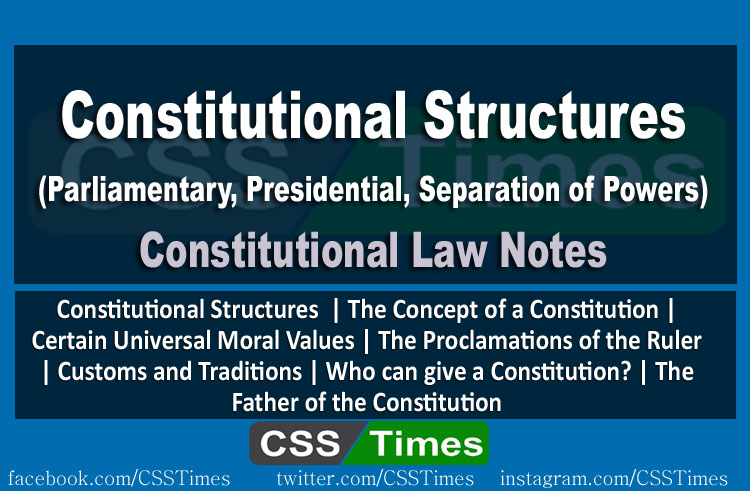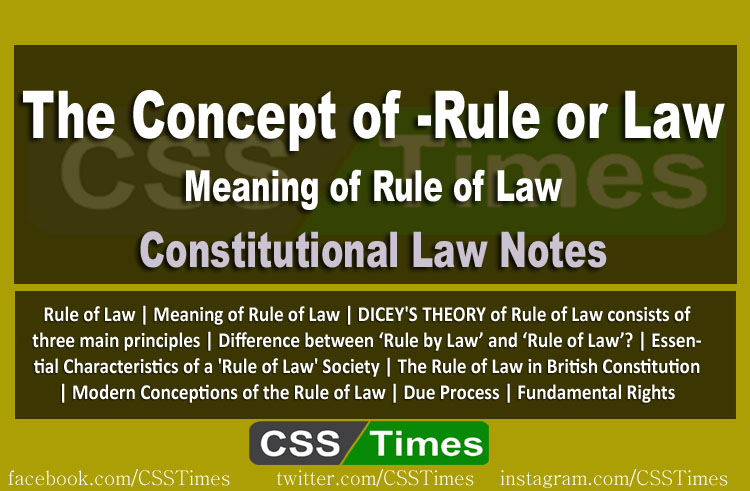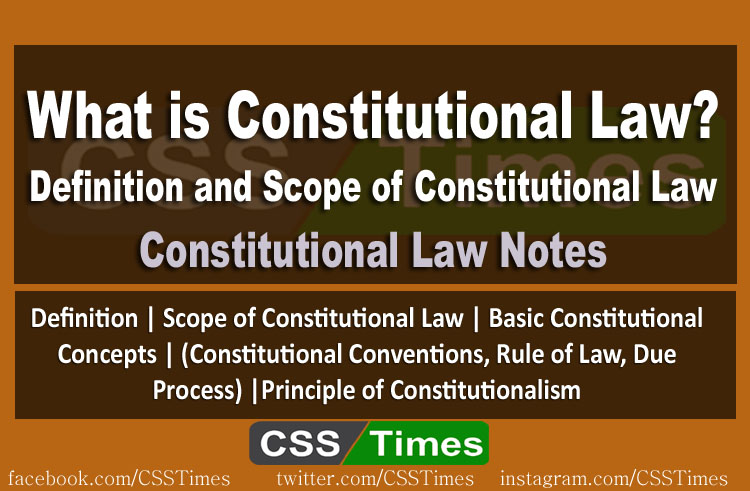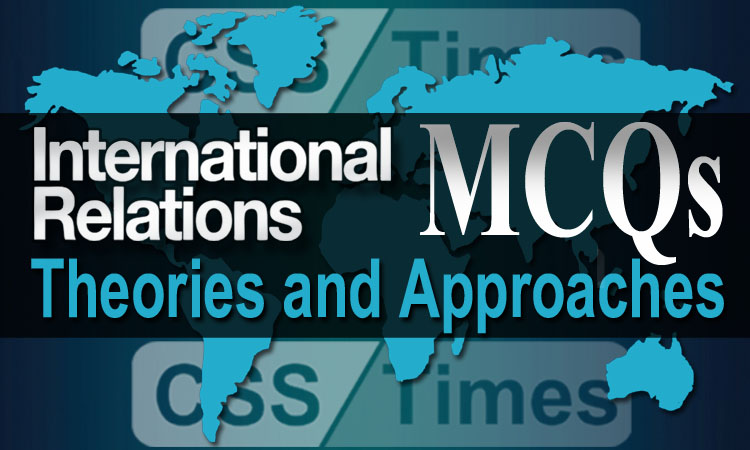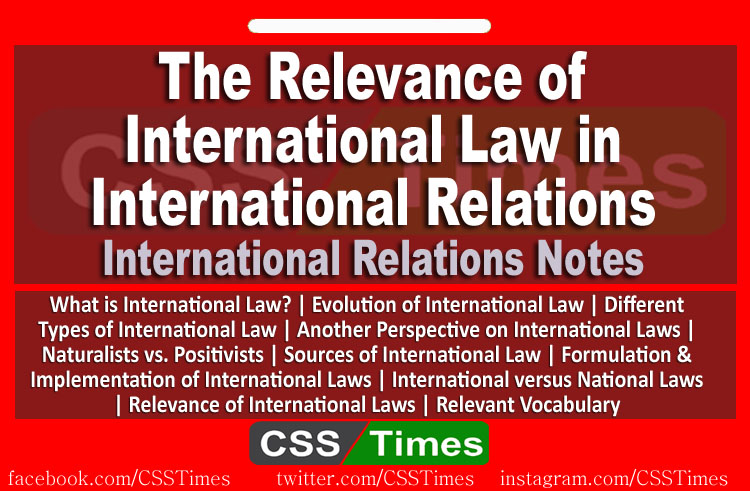Introduction
Like government, the word governance derives, ultimately, from the Greek verb (meaning to steer, the metaphorical sense first being attested in Plato). In above-described sense, however, the term governance was re-minted as recently as the 1990s by economists and political scientists, and disseminated by institutions such as the UN, IMF and World Bank. Its use in English can be traced to Charles Plummer’s ‘The Governance of England’ (published in 1885 as a translation from the original 13th century Latin of John Fortescue’s ‘The Difference between an Absolute and a Limited Monarchy’). This usage of governance to refer to the arrangements of governing became orthodox, including in Sidney Low’s seminal text of the same title in 1904 and among later British constitutional historians.
Different Uses
Governance is a very general concept that can refer to all manner of entities. Equally, this generality means that governance is often defined more narrowly to refer to a particular ‘level’ of governance associated with a type of organization (including public governance, global governance, non-profit governance, corporate governance, and project governance), a particular ‘field’ of governance associated with a type of activity or outcome (including environmental governance, internet governance, and information technology governance), or a particular ‘model’ of governance, often derived as an empirical or normative theory (including regulatory governance, participatory governance, multilevel governance, meta-governance, and collaborative governance). Governance can be used not only to describe these diverse topics but also to define normative or practical agendas for them. Normative concepts of fair governance or good governance are common among political, public sector, voluntary, and private sector organizations.


